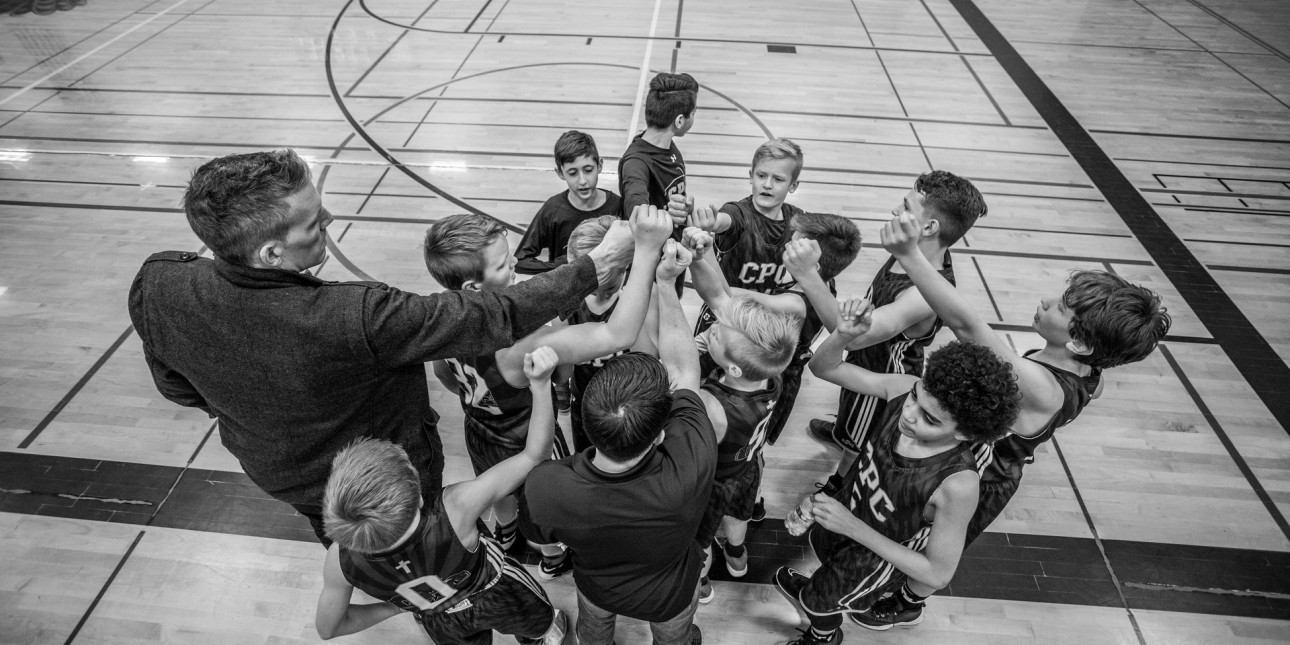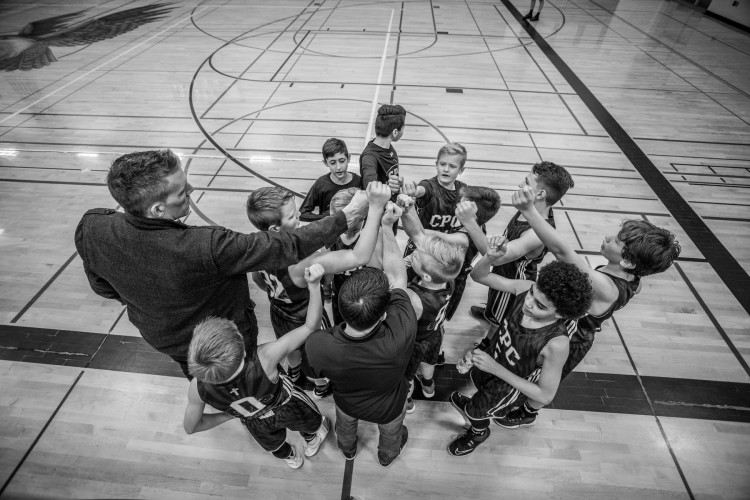
Mentoring can positively impact the lives of youth who have been involved in the foster care system. From content to training to supervision and support, the unifying theme that underlies everything we have found is the importance of creating connections for youth who otherwise might be highly disconnected due to their situations. Mentoring is a wonderful way to provide a supportive, caring adult in the lives of youth in foster care, but it is often a temporary relationship delineated by program start and end. What these youth really need are long-term, permanent connections.
There are several ways that formal mentoring programs can help youth to build long-term supportive relationships. First, of course, is through the mentors themselves. It is best practice to require mentors to commit to at least one year with their mentees, but some programs either encourage or require longer-term relationships. While some might think a longer commitment might be off-putting to potential mentors, some programs have found that asking more of their volunteers leads to stronger commitment and follow-through, as mentors feel that they are really contributing to a child’s life.
“It really goes back to expectations,” says Florence Parks, of the California Mentoring Partnership Leadership Team. “Mentors who are looking for a longer-term connection are the best matches for transition-aged youth.” By both creating expectations of program requirements and screening prospective mentors for their level of commitment, you can find the mentors who are really willing to develop a lasting, sometimes life-long relationship with their mentees. Parks also stresses that celebrating milestones, providing strong match support, and using on-going training to reiterate expectations is key. She also created a Commitment Contract for use when a match was wrapping up, but still wanted to keep in touch. The contract sets parameters for the how the relationship will function once the pair is no longer a part of the formal program.
Another way formal mentors can help is by planning their time with mentees to include specific skill-building activities. These will vary depending on the age of the mentee and what their own goals and interests are. It’s critical that mentors honor the self-determination of their mentees, working together to plan activities and set goals, rather than decide on their own what their mentee needs. That said, program staff can work with matches to provide a basic template for deciding what to focus on in their match based on what the mentee wants. Mentors can help youth navigate complex systems, pursue interests, and think about what they want for the future.
“Mentors can be kind of that glue that is missing for a youth in foster care,” explains Dustianne North, Research Chair and TA Provider for the California Mentoring Partnership. “We may have set them up with services or programs, but it often doesn’t gel with youth. If they have a mentor who can take them to the DMV to get an ID, or sit down and do college applications with them, that can really make a difference.” And with emphasis on skill-building and strong relationships, mentors can do even more.

“Kids want to be out of care,” Parks says. “They don’t want to be in the system after they age out, so they sometimes resist the resources that are available to them. Taking them to offices to teach them about accessing resources, working with the independent living programs, taking cooking classes; These are things a young person might not want to do if they see it as part of Care. Having the mentor participate allows them to be more open to getting those services.”
Of course, it’s important that youth have fun in mentoring programs as well. Social or recreational activities are the context in which strong bonds are formed. Especially with younger youth, mentors should be sure to incorporate fun into the match as well as skill-building activities. Several studies have shown that youth in foster care participate less in positive and structured extracurricular activities than other youth, despite the fact that these activities have been found to be a protective factor against placement disruptions. Exposing youth in foster care to fun activities, leadership development opportunities, volunteering, and creating positive peer relationships can help improve outcomes along with skill-building, fostering self-determination, and goal setting.
Along with being intentional about the types of experiences mentors can introduce to their mentees, it’s important to place a strong focus on social scaffolding: the act of helping youth to build support structures and relationships outside of their mentor match. According to Mentoring for Youth in Foster Care, social bonding is essential for increasing social capital. Social scaffolding is the process through which adults provide guidance for youth in developing relationships and support networks. When youth don’t have the skills to build their own scaffolding, they must rely only on themselves, leaving them without the necessary support networks to overcome some of the challenges they’ll face in the adult world.
In addition to being a supportive, caring adult for their mentee, mentors can introduce their mentees to people who can provide assistance and support. A mentor might introduce their mentee to someone who works in the field in which a mentee is interested, for example, or help to set up internships or secondary mentoring relationships with people who have influence in key areas. Providing mentors with training and support around social scaffolding and goal-setting can help them better understand how to do this effectively, and as always, program staff should follow best practices in ensuring the safety of mentees with these additional relationships as well.
Natural mentoring or Youth-Initiated Mentoring (YIM) is another way to approach social scaffolding and building long-term relationships for mentees involved in the foster care system. Natural mentoring, or Youth-Initiated Mentoring (YIM), is a model where program staff works with youth to identify potential mentors from within their existing support networks. Young people might identify a teacher, coach, relative or family friend as someone they look up to who might be interested in becoming their mentor. Programs then approach those people to see if they would be willing to sign on as a formal mentor to that youth. This model acknowledges powerful relationships in a young person’s life, while also providing training and support to prospective mentors to increase the impact of the existing relationship, and has been shown to be quite promising for mentoring programs that work with youth in foster care.
While most program use either YIM or the traditional volunteer-as-mentor model, some programs use a combination; youth are matched with a formal mentor for a one-to-one match, and one of the roles of that mentor then becomes helping the youth identify other people in their lives to serve as additional mentors once the formal program has ended. This combination provides even more support for youth, and allows for the structured intervention of a trained, supported mentor while also strengthening existing relationships and ensuring that the youth has someone to support them long after their match has ended. Mentors can help their mentees who are in the foster care system by helping youth identify people in their lives who can be a part of that support system; relatives, family friends, teachers, coaches or clergy people who may not have a custodial relationship with the mentee, but who can provide one or more supports in that young person’s life.
Whichever model you choose, creating the opportunity for long-term supportive relationships is critical in order to impact on youth who have been in the foster care system. Helping youth learn how to identify sources of support and surround themselves with positive peer and adult relationships can increase the chances that they will successfully transition out of foster care. And despite program variances and different focus areas, that should be the goal of every youth in foster care mentoring program.
This toolkit was co-authored by Dana Goodrow. To access other modules in this toolkit, see the Related section below.




